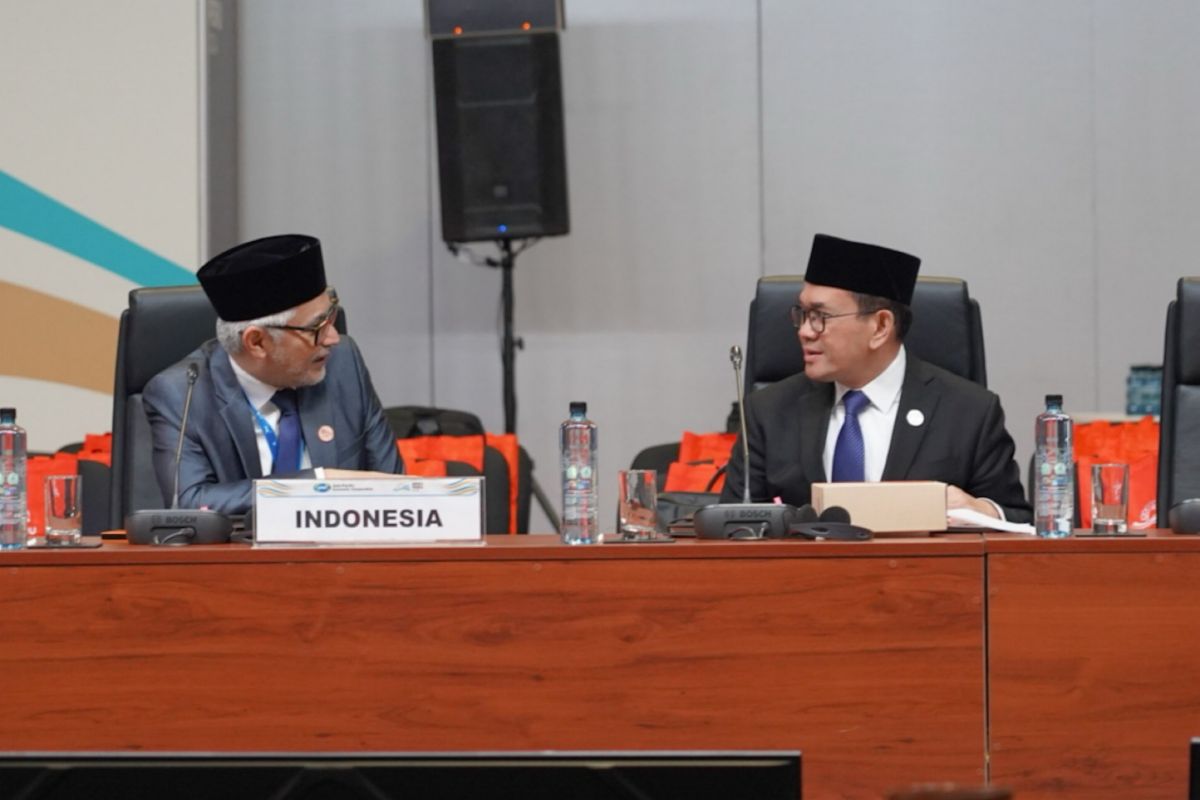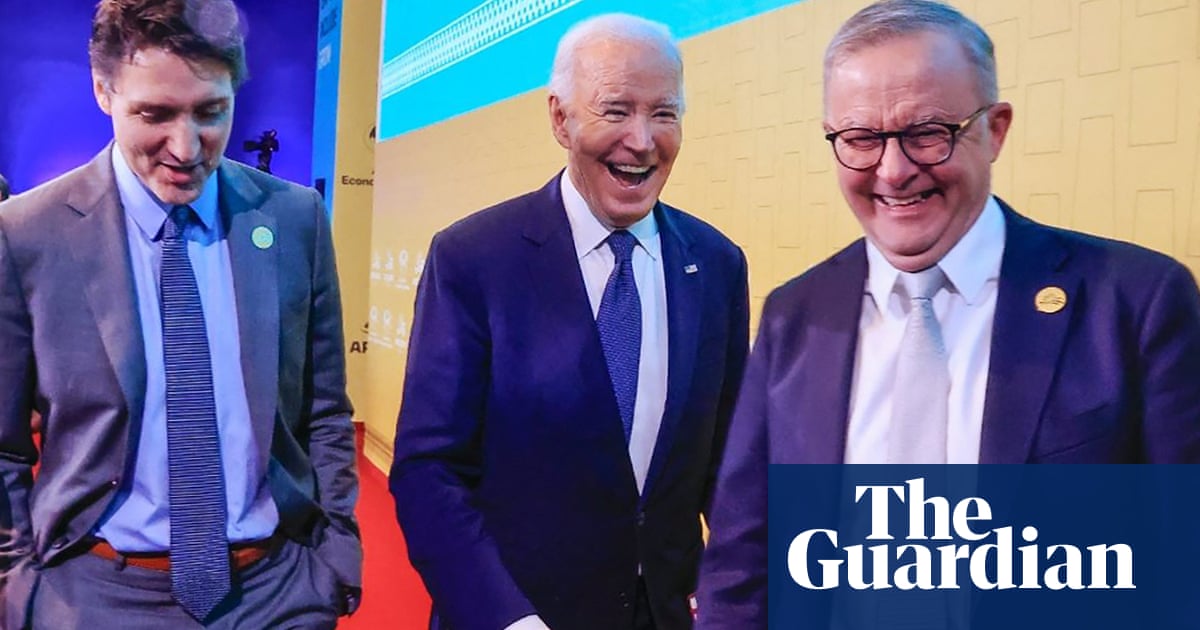Headline: Indonesia Champions WTO Reform at APEC Ministerial Meeting
Indonesia is taking a proactive stance in advocating for reforms in the World Trade Organization (WTO) to promote inclusive and sustainable trade practices. Trade Minister Budi Santoso made this clear at the 35th APEC Ministerial Meeting held in Lima, Peru, on November 14. Santoso emphasized that reforms are essential for maintaining the WTO as a crucial element of the multilateral trade system, asserting the need for dialogue and collaboration among member countries to address common challenges.
Indonesia’s Role in Global Trade Reform
At the heart of Indonesia’s strategy lies a commitment to fostering a fair and equitable trading environment. Santoso’s remarks underscored the importance of the Free-Trade Area of the Asia Pacific (FTAAP) as a vehicle for deeper integration within the Asia-Pacific region. "The WTO is a main pillar of the multilateral trade system. To keep the system relevant, we must have open dialogue and move towards WTO reform," Santoso stated, highlighting the need for collaborative efforts to enhance global trade frameworks.
Key Focus Areas for Reform
The Indonesian government identifies several critical areas in the WTO reform dialogue:
-
Dispute Settlement System: Santoso argued for the urgent need to restore the two-tier dispute settlement mechanism by appointing members to the Appellate Body. This reinstatement is viewed as pivotal to ensuring that trade disputes are handled fairly and efficiently.
-
Market Access for Agricultural Products: Emphasizing the need for equitable market access, Santoso pointed out that developing nations often face significant hurdles in the agricultural sector. Increasing access for these products is vital for fostering economic resilience.
- Support for SMEs: The role of small and medium enterprises (SMEs) from developing countries cannot be overlooked. Santoso stated that the WTO must facilitate technical assistance and capacity building while addressing non-tariff barriers that disproportionately affect these businesses.
Driving Sustainability and Innovation
In addition to trade reforms, Indonesia aims to address pressing global issues such as food waste reduction, energy transition, and hydrogen innovation. Santoso urged for increased investment and cooperation focused on economic resilience and sustainable energy initiatives. The commitment to these issues reflects Indonesia’s broader goal of aligning trade practices with sustainable development objectives.
During the APEC Ministerial Meeting, Indonesia also engaged in several bilateral discussions with trade partners, including Japan, Singapore, Canada, South Korea, and Hong Kong. These conversations are essential as they identify mutual interests and foster international cooperation in trade.
The Broader Implications
The push for WTO reform and a focus on sustainable trade could have far-reaching effects on the global economy. By advocating for policies that support inclusivity and environmental sustainability, Indonesia is not only positioning itself as a leader in the Asia-Pacific region but also setting a precedent for other countries to follow.
This approach sends a clear message about the importance of reforming existing trade structures to accommodate the evolving needs of global trade, especially for developing nations. The successful implementation of these reforms could potentially transform the way trade is conducted and regulated, ultimately benefitting all economies involved.
Expert Perspectives
Trade experts acknowledge that Indonesia’s efforts can significantly reshape the narrative around global trade reform. “Indonesia is playing a crucial role in asserting the voices of developing nations on the global stage,” says Dr. Maria Chen, a trade policy analyst at the Global Trade Institute. “Their emphasis on inclusivity and sustainability is not only timely but necessary for resilient economic growth.”
Encouraging Participation from Readers
As discussions around WTO reform continue to gain momentum, the movement toward fostering inclusive and sustainable trade practices remains a priority. How do you think Indonesia’s efforts will influence the global trade landscape? What reforms do you believe are most urgent? Share your thoughts in the comments below.
For more insights on global trade policies and their implications, visit our articles on WTO Dispute Settlement and Sustainable Trade Practices.
[Image tag placeholder for any related images or multimedia elements]
By taking an active role in advocating for trade reform at the APEC Ministerial Meeting, Indonesia is not only asserting its influence within the Asia-Pacific region but also shining a light on the need for sustainable practices that can guide the future of global trade. As discussions continue, all eyes will be on how these dialogues evolve into actionable reforms that reshape the trading landscape.


